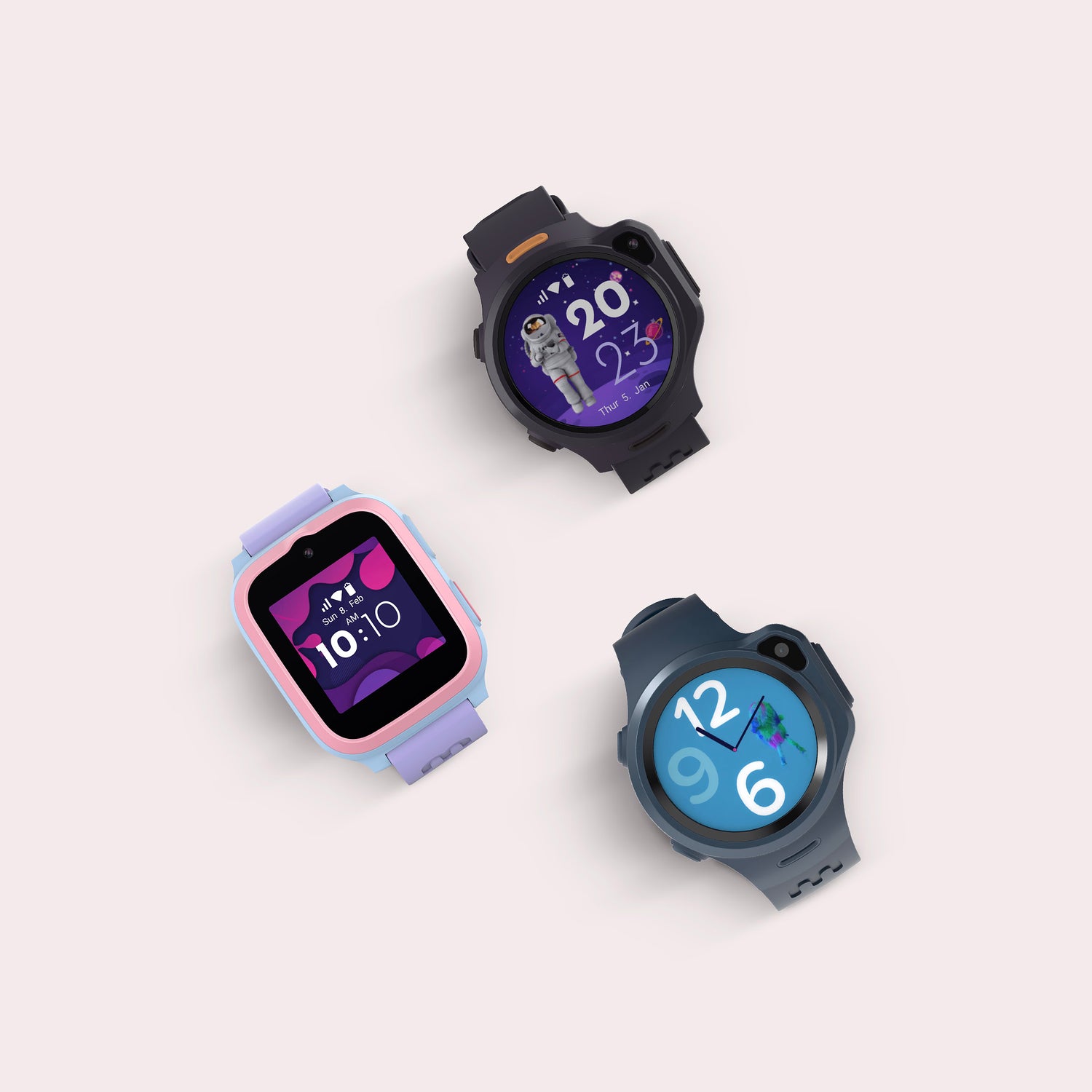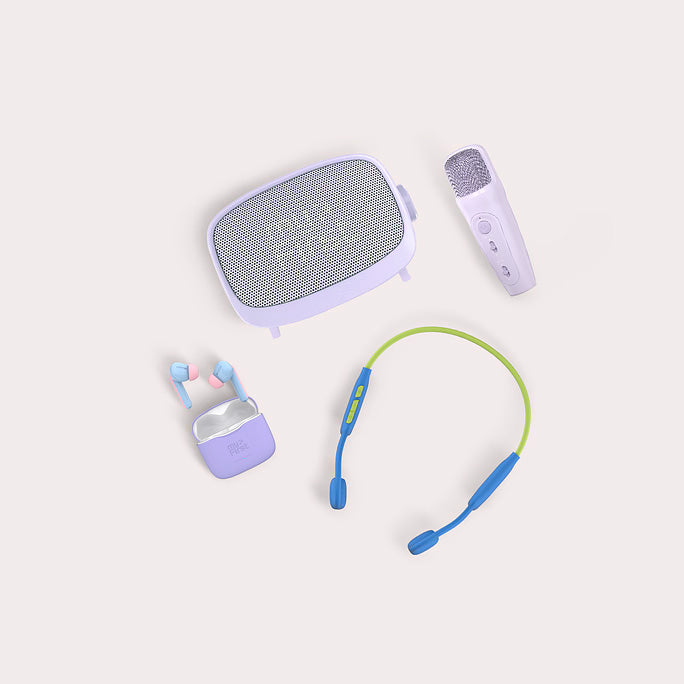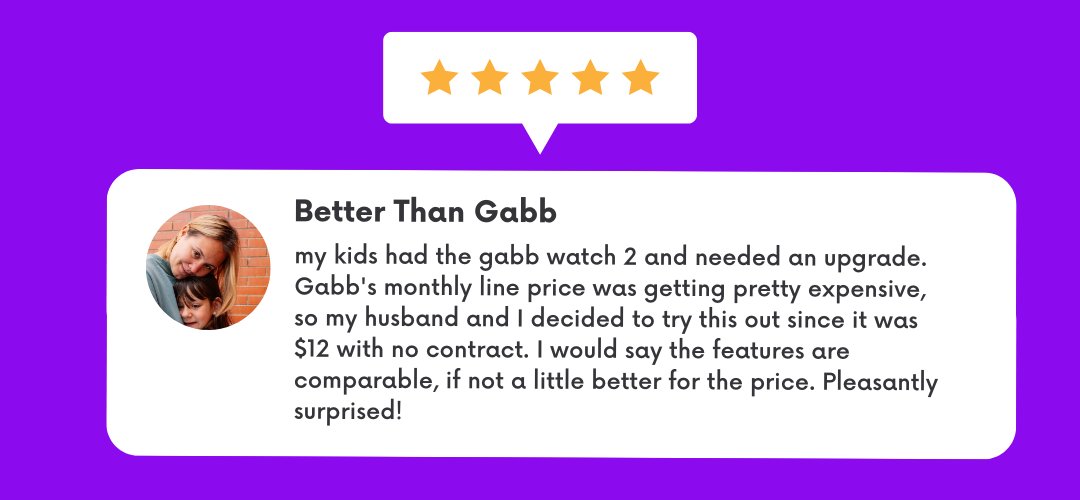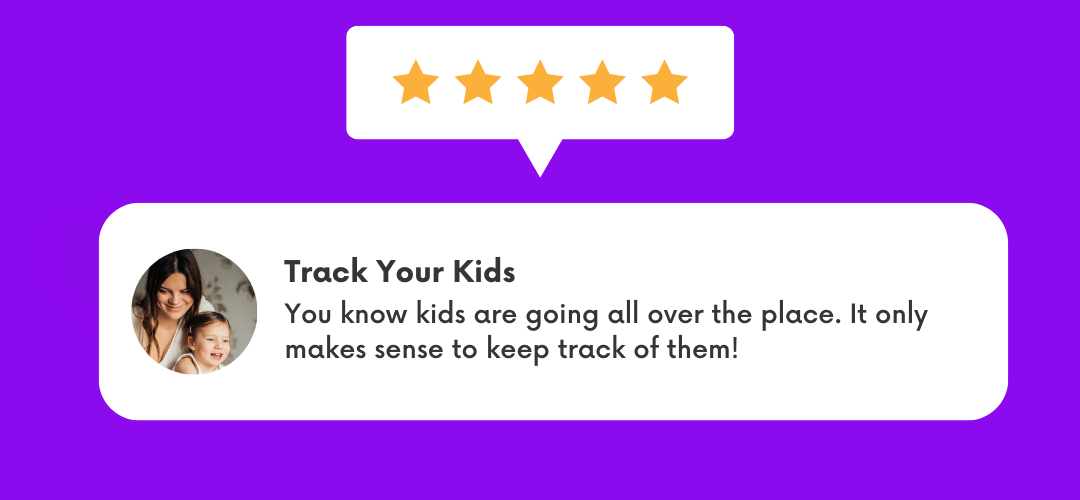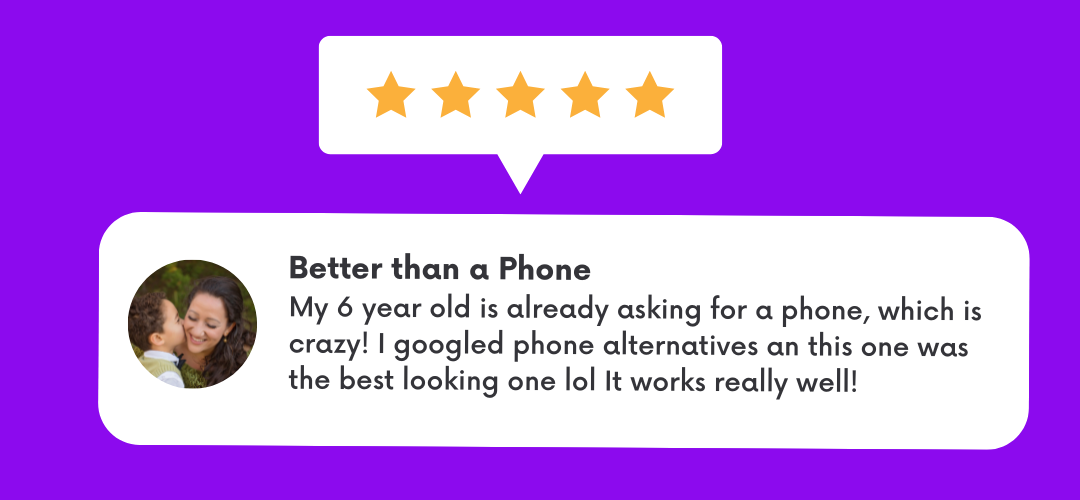The slang term "no cap" is widely used by young people to indicate that they are being truthful or serious about something. For example, they might say, "That concert was amazing, no cap!" to emphasize that they genuinely enjoyed the event. This phrase often appears in casual conversations, texts, and social media posts, reflecting the way teenagers and young adults highlight their sincerity.
Why Understanding Slang Matters
Understanding this slang can help parents recognize the casual and often playful ways young people communicate their honesty and experiences. While such expressions are usually harmless and fun among peers, it’s important for parents to discuss the use of respectful and appropriate language with their children. This conversation can ensure that their online interactions remain considerate and positive, whether they’re using smartphones or kids' smartwatches. You can learn more about other slang, like ISTG meaning, here on the myFirst blog.
What Does "No Cap" Mean?
"No cap" is slang for "no lie" or "I'm not exaggerating." It’s often used to emphasize the truthfulness of a statement. For instance, a teenager might say, “I aced that test, no cap!” to stress that they are genuinely telling the truth.
Talking with Your Kids About Slang
Need to talk with your child about the meanings of slang? Here are some conversation starters to help you teach them healthy tech habits:
-
Ask About New Slang:
- "What’s a new word you and your friends areusing right now?"
- This can help you understand current slang and open up a dialogue about how language evolves.
-
Share Your Own Experiences:
- "When I was your age, we’d say something was ‘all that and a bag of chips’ if it was awesome. What’s your favorite word to describe something cool?"
- Sharing your own past slang can makethe conversation more relatable and fun.
-
Discuss Emoji Meanings:
- "I know emojis can mean something different to kids than they do to parents. Are there any emojis I use that you think I should stop using?"
- This helps bridge generational gaps in communication and ensures you’re up-to-date with their digital language.
-
Use Emojis for Self-Expression:
- "If you could describe yourself using just one emoji, which one would you pick?"
- This encourages your child tothink creatively about how they represent themselves online and can lead to a deeper understanding of their digital identity.
Promoting Healthy Communication
These conversation starters can make discussing slang and digital habits more engaging and educational, promoting healthy communication and tech use in your family. It also helps teach your children how to communicate appropriately on smartwatches and smartphones, fostering a respectful and positive online environment.

